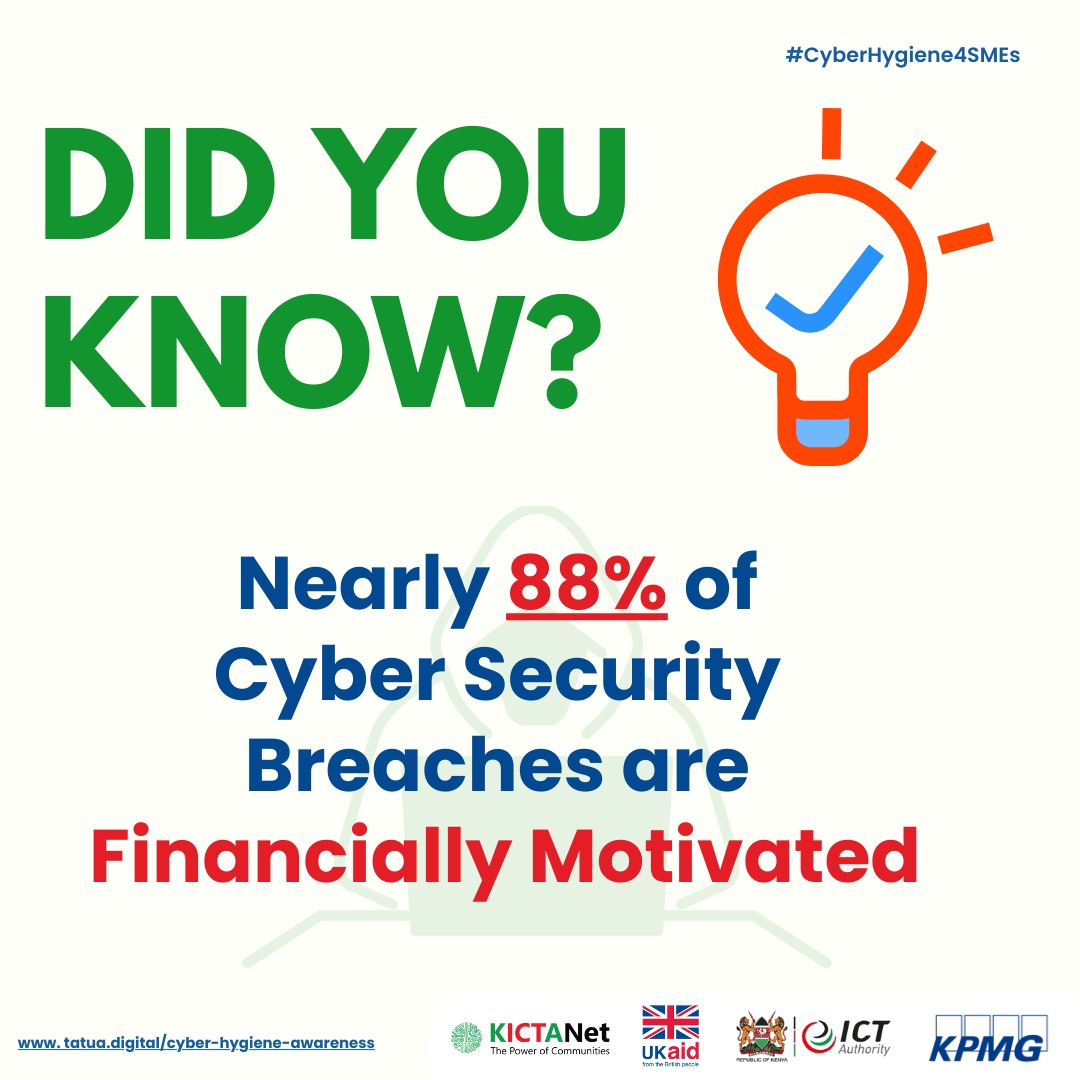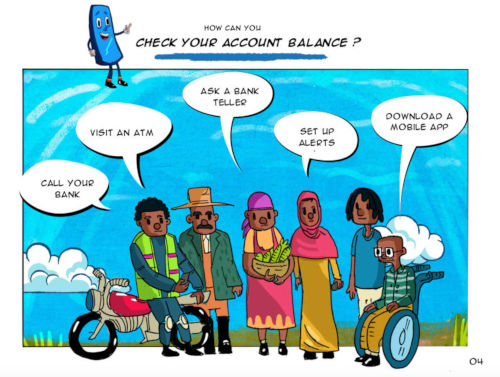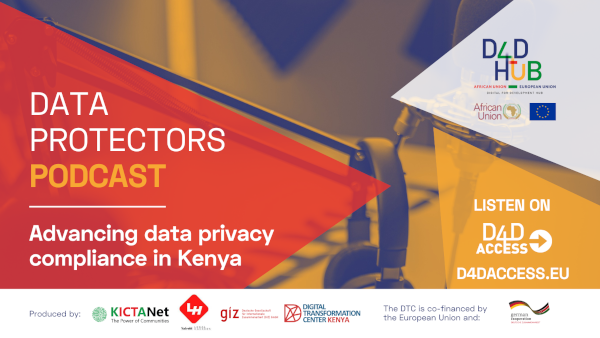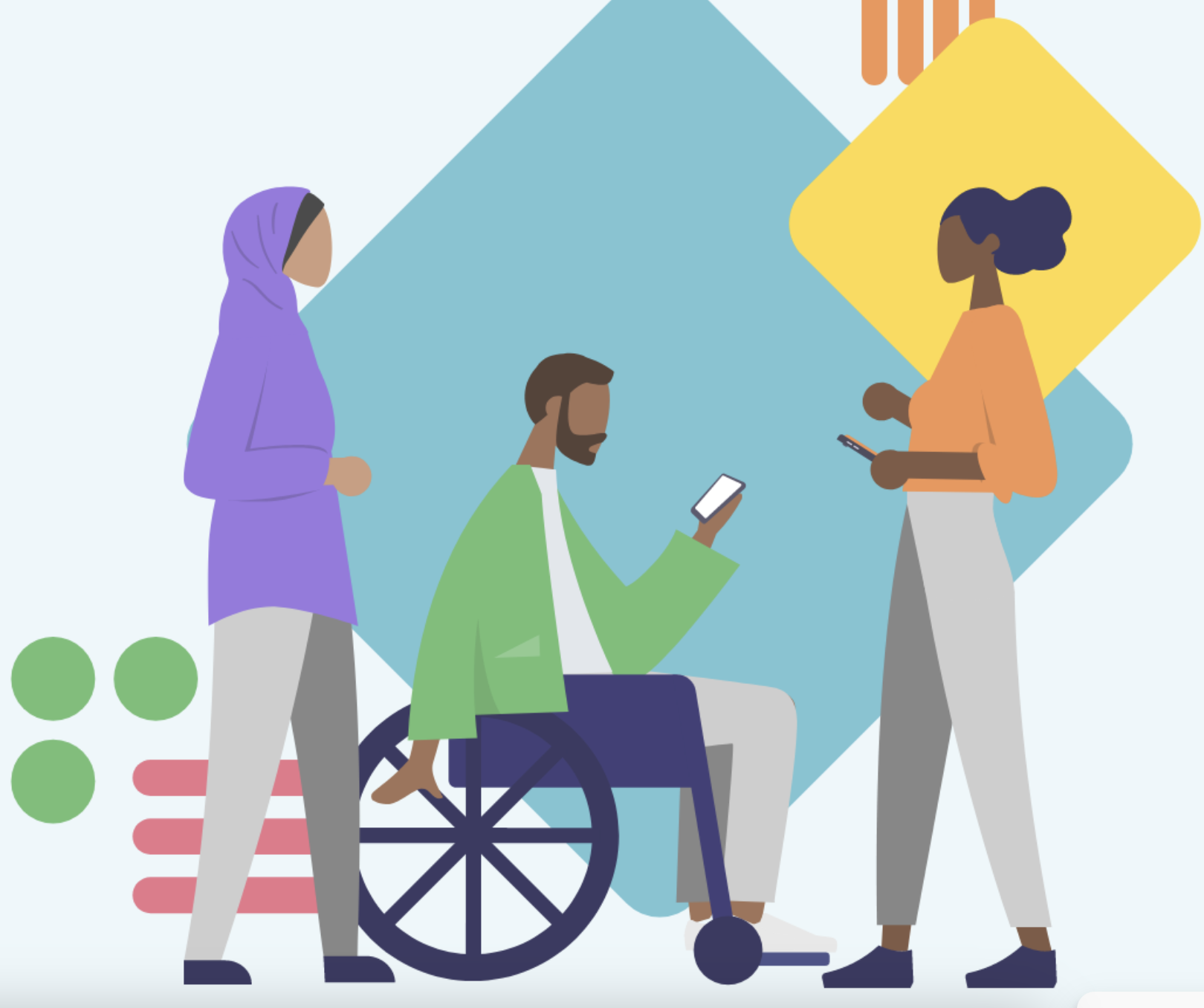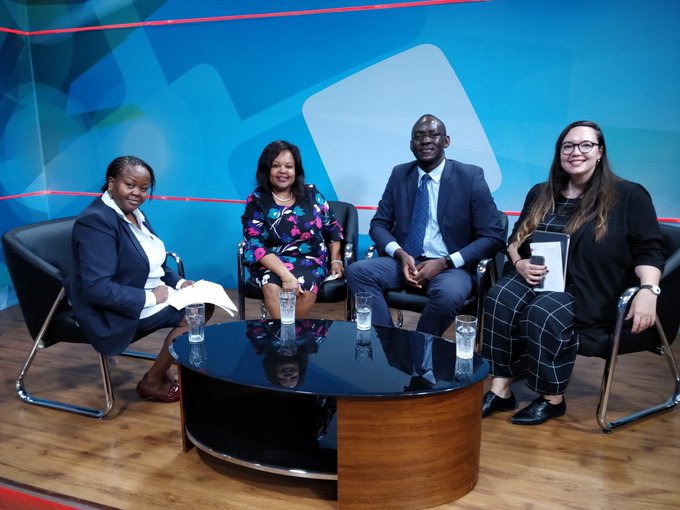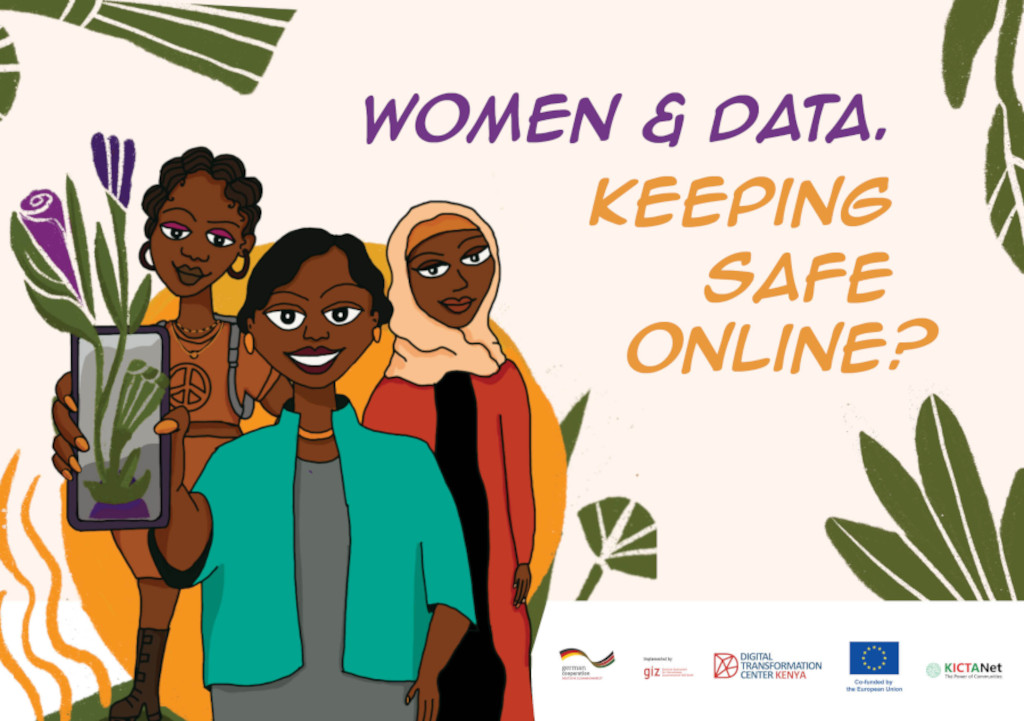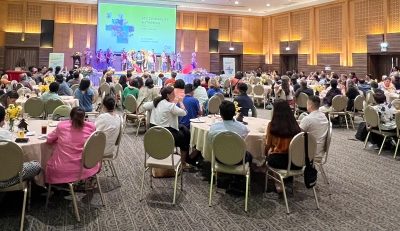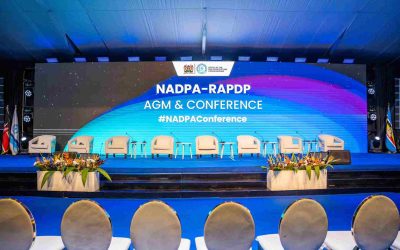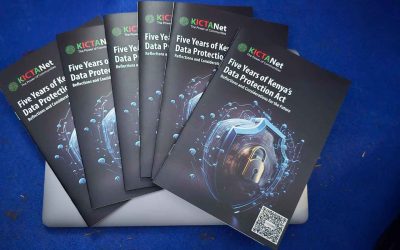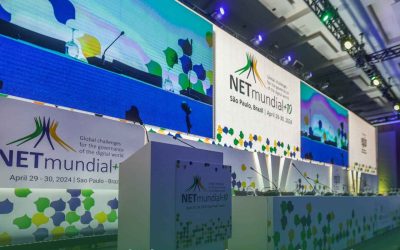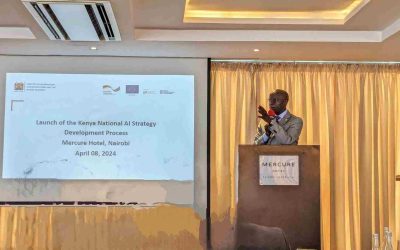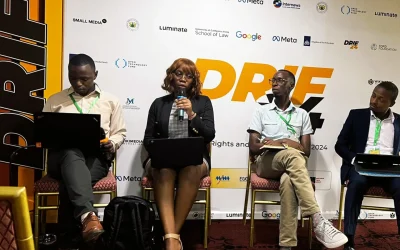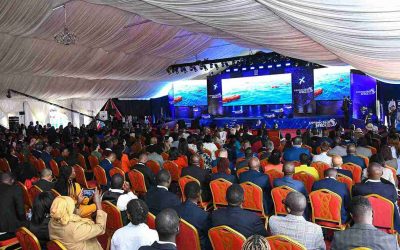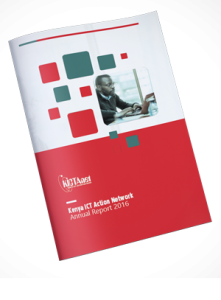KICTANET POST : Latest news, events & opportunities
Exploring Collective Action and Digital Inclusion: KICTANet at APC Community Gathering In Thailand
From May 14th to 17th, 2024, KICTANet had the privilege of participating in the APC (Association for Progressive Communications) community gathering in Chiang Mai, Thailand. This annual event served as a nexus for activists, technologists, and advocates from around...
Decoding Social Media: The Impact of Algorithms on Our Daily Lives
By John Walubengo In the digital age, social media platforms like Facebook, Twitter, and TikTok are not just tools for communication; they have become pivotal arenas for social interaction, information dissemination, and digital marketing. At the core of...
Kenya on the verge of the EU Adequacy Decision
Data commissioners from across Africa grapple with managing data flows and the impact of data protection regulations on regional businesses. The conference explores the concept of “Adequacy” and its potential to unlock economic opportunities.
![]()
New Report Identifies Achievements, Challenges and Recommendations to Enhance Data Protection in Kenya
This year, Kenya celebrates five years since the enactment of the Data Protection Act (DPA), including establishing the Office of the Data Protection Commissioner (ODPC), a comprehensive privacy and data protection framework for the country. To reflect on this,...
Which way NetMundial: From 2014-2024
From 2014 to 2024, the debate over Internet governance and digital policy processes peaked in São Paulo, Brazil, where the NETmundial+10 Multistakeholder Statement emerged. Wherein stakeholders underlined the need for international cooperation to address issues and...
Kenya’s Path to AI: Launch of Kenya’s National AI Strategy Development Process
Kenya takes a proactive approach to AI with the “FAIR Forward” initiative. Inclusive stakeholder engagement and focus on data privacy and ethics pave the way for responsible AI that benefits all.
![]()
Gendered Disinformation: A Threat to Women’s Digital Rights
Disinformation is used to weaponize online spaces against women. Learn about “gendered disinformation” and its impact on women’s voices and safety. Explore solutions for a more inclusive digital world.
![]()
Community Networks: Lessons on Inclusion From Kenya, Uganda and Ghana
Community networks and other community-led initiatives across Africa are playing an important role in connecting underserved rural communities to the Internet. However, as highlighted in a recent panel discussion hosted by KICTANet, they still face many challenges...
Africa Left Behind: Lack of Local Data Hinders AI Effectiveness
” Most AI training data comes from North America, Europe, and Asia, leaving African users with AI systems that struggle with local languages, accents, and contexts. This gap creates bias and limits AI’s potential in Africa. Collaboration and regional data collection are key to solving this challenge” Meta’s description.
![]()
KICTANet is a multi-stakeholder Think Tank for ICT policy and regulation. The Think Tank is a catalyst for reform in the Information and Communication Technology sector. Its work is guided by four pillars of Policy Advocacy, Capacity Building, Research, and Stakeholder Engagement.
KICTANet’s mission is to promote an enabling environment in the ICT sector that is robust, open, accessible, and rights-based through multistakeholder approaches.
During the 2022 – 2024 strategic period, KICTANet has prioritised the promotion of effective multistakeholder participation; an enabling legal, policy and regulatory environment; building capacities and empowered communities; and institutional strengthening. KICTANet’s guiding philosophy encourages synergies in ICT policy-related activities and initiatives. As such, the network provides mechanisms and a framework for continuing cooperation, engagement and collaboration in ICT matters among industry, technical community, academia, media, development partners, civil society and government.
_____
Strategic Priority.
- Convening power. To strengthen and promote engagement, collaboration and relationships with relevant stakeholders (state, business and non-state actors).
- Promoting an enabling environment. To catalyse policy, legislative and regulatory reforms in the ICT sector.
- Building capacities and empowered communities. To build the capacity of the stakeholders across government, business society and civil society and the citizens.
- Institutional strengthening.
The report outlines the work undertaken in between 2007 and 2016 which is underpinned by crowd sourcing and community engagement
Click here to download the report
FACTS AND FIGURES
Achievement of the Network over the Years
Publications
Thought Leadership Forums
Persons trained
Policy Interventions
Conversations in KICTANET listserv
Active listers contributing often
Different conversation threads
Impressions on ICT policy discussions
Our Pillars
KICTANet’s organisational strategy:
Policy Advocacy
Capacity building
Research
Stakeholder engagement
We facilitate stakeholder engagement through collaborative initiatives in face-to-face Town Hall meetings, and in the KICTANet?s interactive mailing list where multiple stakeholders engage regularly on ICT policy issues.


